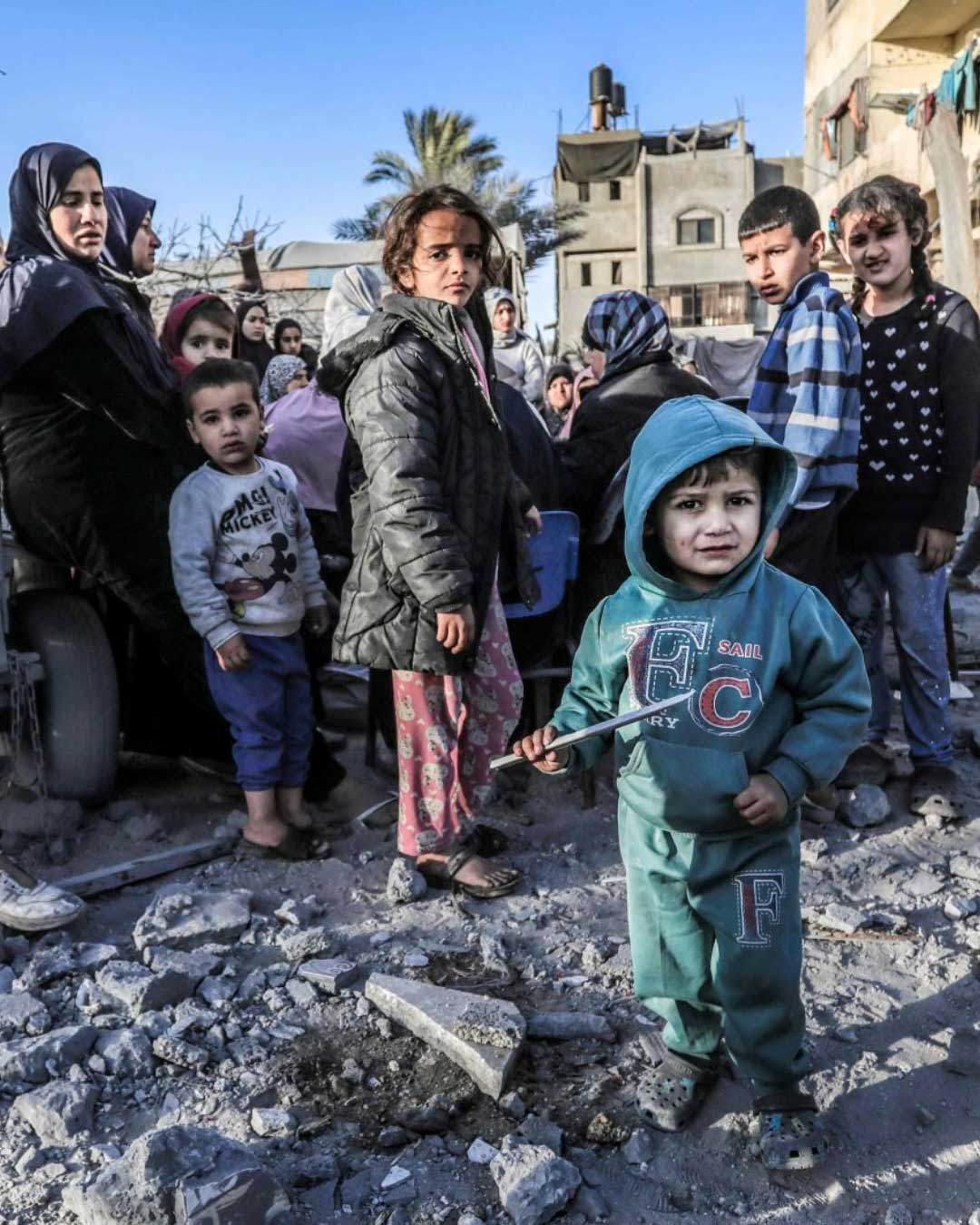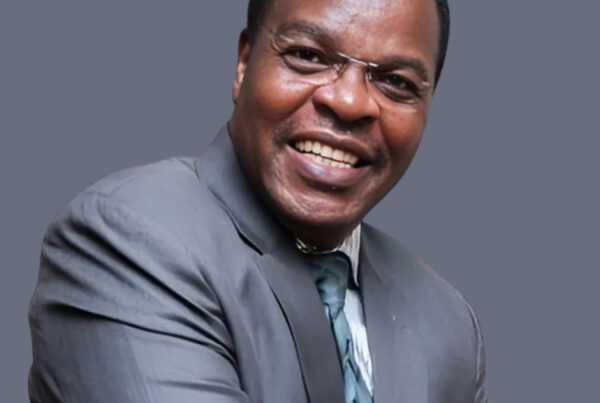As the sun rises over the rubble-strewn streets of Gaza, the cries of the innocent echo amidst crumbling homes and shattered lives. Smoke rises where families once gathered, and silence looms where laughter once lived. The world watches, debates, polarises—and yet, from many corners of the global Church, silence prevails.
In the face of such devastation and bloodshed, we must ask ourselves a searing and uncomfortable question: Are the killings in Gaza biblical? And even more urgently: Is the Church’s silence defensible?
The answer begins with a fundamental biblical truth: Human life is sacred. Genesis 1:27 anchors this reality, declaring that humanity is made in the image and likeness of God. The divine imprint is not reserved for one nation, one people, or one ethnicity—it is universal. Every child buried beneath Gaza’s rubble bears that same sacred identity. Every mother mourning a child is a vessel of God’s breath.
To kill is to desecrate God’s image. The sixth commandment—“You shall not murder” (Exodus 20:13)—is not context-dependent. It doesn’t bend for geopolitics or make an exception for military justification that disregards civilian life.
War in Scripture is never glorified. Even when Israel engaged in battle, God’s heart was not a bloodthirsty conquest but the fulfillment of redemptive covenants. David, Israel’s greatest warrior, was forbidden from building the temple because his hands were stained with blood (1 Chronicles 28:3). This biblical ethic challenges all attempts to sacralise violence.
The Church has long been called to be the conscience of the nations. From the abolition of slavery to the resistance against apartheid, Christian voices have carried moral weight. But when it comes to the carnage in Gaza, many pulpits are eerily silent.
This silence is not neutrality. It is complicity. As Dietrich Bonhoeffer warned in Nazi Germany, “Silence in the face of evil is itself evil.” To refuse to speak is to quietly consent. To avoid confrontation is to abandon the prophetic role.
Some Christian leaders shy away due to the complexities of the conflict. Others fear backlash, political alienation, or misinterpretation. Still, some believe their silence maintains spiritual focus, as if to speak on injustice is to dilute the Gospel. But this reveals a dangerous theological drift—a separation between spirituality and humanity, between heaven and justice.
Jesus did not ignore violence. He wept over Jerusalem (Luke 19:41), overturned exploitative systems (John 2:15), and warned that how we treat “the least of these” reflects our treatment of Him (Matthew 25:40). Our Christ is not passive toward suffering. Neither should His Church be.
In moments of mass violence and moral confusion, the Church must not mimic media narratives or partisan alignments. It must return to its prophetic posture—to cry out for justice, to defend the oppressed, and to challenge the powerful with truth, however uncomfortable.
The question is not whether the Church should speak, but whether it dares to speak biblically. To say “Blessed are the peacemakers” in a time of war. To affirm both Israeli security and Palestinian dignity without contradiction. To call evil by its name, regardless of where it originates.
The Gospel does not permit selective compassion. Christ did not die for one side of a border. He died for all. And if our theology only mourns one set of casualties, it is not Kingdom theology—it is tribalism masquerading as truth.
The killings in Gaza are not biblical. They are not prophetic. They are not defensible. They are the failure of nations, and now, they are fast becoming a stain on the conscience of the Church.
But it’s not too late to respond.
We must: Speak boldly from our pulpits and platforms. Pray persistently for peace, protection, and justice. Educate our congregations on the human toll beyond headlines. Support relief efforts and Christian agencies working for reconciliation. Challenge political and religious leaders to pursue peace with integrity.
Above all, we must recover the language of the cross—a language not of vengeance, but of sacrificial love. A language not of silence, but of witness.
The Gospel is not a sword for the powerful. It is a balm for the broken. The Scriptures do not legitimize indiscriminate killing; they reveal a Saviour who died to end the cycle of bloodshed. If the Church does not say this, who will?
“Woe to those who call evil good and good evil…” (Isaiah 5:20). May we not be found among them.
(Dr. Charles Wirsuiy Snr is a Born-Again Christian and Executive Editor-in-Chief of Glorify Times magazine.)








